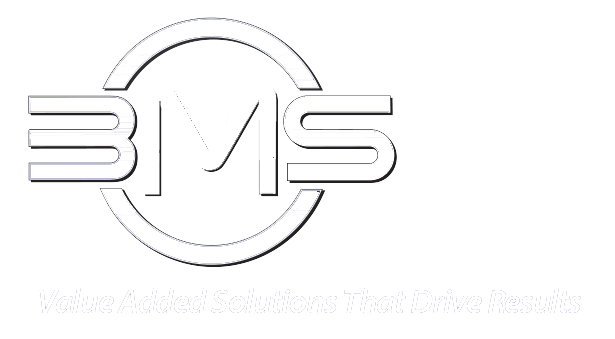How To Improve Your Accounts Payable System
You can’t run a business without spending because it comes with the package. You’ll need to buy stuff to fully operate your business. The majority of suppliers provide invoices whenever you purchase from them. Unfortunately, this can get chaotic along the way especially during busy days. How do you stay on top of things? If you don’t manage your invoices well it could result to unnecessary fees, late payments and quite possibly broken relationships. Avoid these by learning how to improve your accounts payable system.
The following are important steps that you need to do so you can finally take charge of your payables.
Choose To Go Paperless
Gone are the days when business owners had to manage piles and stacks of paperwork because now that we are living in the digital age, you can go paperless and still be able to organize everything. Electronic bills are just the same as paper, only they make the process ten times easier. With paper, there’s a possibility that it can get damaged or lost but with online billing, the invoices will always be available thereby lessening the chances of late payments and lost hard copies. When a vendor asks if you want paper or electronic invoice we encourage you to take the latter.
Create A System For Your Accounts Payable Workflow
The secret to an effective accounts payable system is repetition. Create a system that will allow your business to manage your invoices well from the moment you receive the invoice until the time you are able to pay for it. Find a place to safely keep all of your invoices and streamline them according to priority and date received.
Make Reminders
Busy people can easily get sidetracked and that includes you, especially during peak season. To keep all your invoices organized we suggest that you set up reminders so you can pay for everything before their due dates. These reminders will also let you know how much money you need to prepare for the payments. A majority of business owners use a calendar to organize their invoice dates, creating alerts to let them know when the due date is near.
Document Your Data
It is very important that you develop the habit of documenting your data so you can keep track of your invoices. As soon as you receive a bill, document it and save it in your file online. Examples of such documents include receipts, notices, purchase orders and of course, invoices. Saving these documents will keep you updated on how much money you are shelling out and who you are paying.
Make Sure All Contact Information Is Updated
At some point you’ll need to communicate with your suppliers and your vendors. The last thing you’d want is to spend time searching for their contact number. To make sure the process is smooth and efficient we recommend that you regularly update all of your vendors’ and suppliers’ contact details including their phone numbers, mailing addresses and their email addresses. Keep all these pieces of information in one place. Similarly, your vendors and suppliers also need to reach you so make sure that you inform them if you plan to change numbers, email address and mailing address.
When you are operating a business, especially if you have been in the industry for quite a while, you know that managing invoices and making payments can be burdensome. If you do not have an established system in place, it can get crazy and you might find yourself paying for fees as a result of delayed payments. If you follow these tips mentioned here you can take it easy and feel less stressed knowing that everything is paid for before its due date and every receipt, purchase order and invoice is saved in a designated online folder.
How To Improve Your Accounts Payable System Read More »
